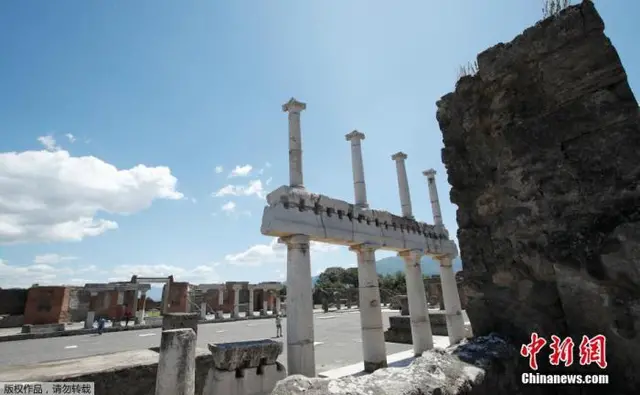Iranian lawmakers started Monday debates on new President Hassan Rouhani's proposed cabinet lineup.
At the beginning of the debate session in the Majlis ( parliament), Rouhani reached out to the lawmakers' vote of confidence for his nominees so that he could deal with the country 's existing problems.
Rouhani won the country's June 14 presidential election, and unveiled on Aug. 4 the proposed list of his 18-member cabinet lineup during his inauguration ceremony.
On Monday, he reiterated his earlier concerns that "We all know that the country is in a difficult economic and social situation and the international pressures have also added to these problems. "
Rouhani's remarks were an allusion to the stream of sanction pressures against Iran's energy and financial sectors by the United States and its allies under the pretext that Iran's nuclear program might aim at weapon-grade activities. Tehran has insisted that it is only for civilian use.
"The international pressures aim at restricting or blocking Iran's connections to the world," Rouhani said, urging the legislators to confide in his choices to assist his administration to move out of the current situation.
The Iranian president has vowed to mend Iran's ties with the West and revive the economy of the country which is dependant mostly on oil and natural gas sales.
To tackle the existing problems, Rouhani has proposed nominees for the key economic and political positions from the experienced technocrats, most of whom served as ministers or officials either under former moderate President Akbar Hashemi-Rafsanjani or under ex-reformist President Mohammad Khatami in the past.
Rouhani told the Iranian parliamentarians that he has chosen his cabinet members irrespective of their political affinities and on the basis of their experience and expertise.
On Monday, a number of Iranian lawmakers propped their support for the proposed list of nominees while some others made remarks against them.
Ahmad Tavakoli, an influential lawmaker, backed the proposed cabinet, saying Rouhani was neither reformist nor had any affinities with outgoing President Mahmoud Ahmadinejad.
He put forward the discourse of moderation and voiced his criticism on the current situation of the country which was regarded as "transparent and sincere" by people, said Tavakoli.
Rouhani's criticisms about the foreign policy invoked hopes among people for the removal of the sanctions, the lawmaker said, adding that the proposed candidates for the ministerial posts have "relevant education and experience."
However, most of the hardline legislators criticized Rouhani for what they referred to as the reform-oriented composition of the next administration.
Lawmaker Ataollah Hakimi renounced Rouhani's decision of including a relatively big number of pro-reformist and moderate candidates in his cabinet while only three conservative principlists are invited.
Hardline legislators also blamed Rouhani for including a number of political figures who were involved in or had sympathy with the defeated candidate of Iran's presidential election in 2009, for whom the conservatives have coined the term "seditionist."
Mir-Hossein Mousavi, an Iranian reformist politician who was defeated in the 2009 presidential election, alleged at the time that the election results were rigged in favor of Ahmadinejad.
Although Rouhani is confronted with the pressure of conservative-dominated parliament, he might face less challenges for receiving vote of confidence for the majority of the chosen ministers. But the powerful conservative factions will try to block approval for the candidates of some ministerial posts including those of Oil Ministry, Education Ministry and Ministry of Science, Research and Technology.
Earlier this week, principlist lawmaker Rouhollah Hosseinian said about 80 percent of the proposed ministers would receive Majlis' approval, according to semi-official ISNA news agency.
However, pro-reform Bijan Namdar-Zanganeh, chosen as oil minister, and Mohammad-Ali Najafi, picked as education minister, are under the fire of the parliament hardliners for being close to Mousavi.
Besides, lawmaker Avaz Heidarpour told semi-official Mehr news agency Monday that "most probably" Jafar Mili-Monfared, the candidate for Ministry of Science, Research and Technology, will not receive vote of confidence from the Majlis. Mili-Monfared is said to have supported Mousavi in the 2009 presidential race.
Reformist politician Eshaq Jahangiri, who was appointed as Rouhani's first vice president last week, also defended the proposed cabinet on Monday, stating that the lawmakers and the officials in Iran should seize the opportunity of Rouhani's election, which has provided grounds to tackle the country's existing problems.
By the end of this week, it is expected that the vetting process for the proposed cabinet will have been decided by the Iranian parliamentarians.
 简体中文
简体中文

